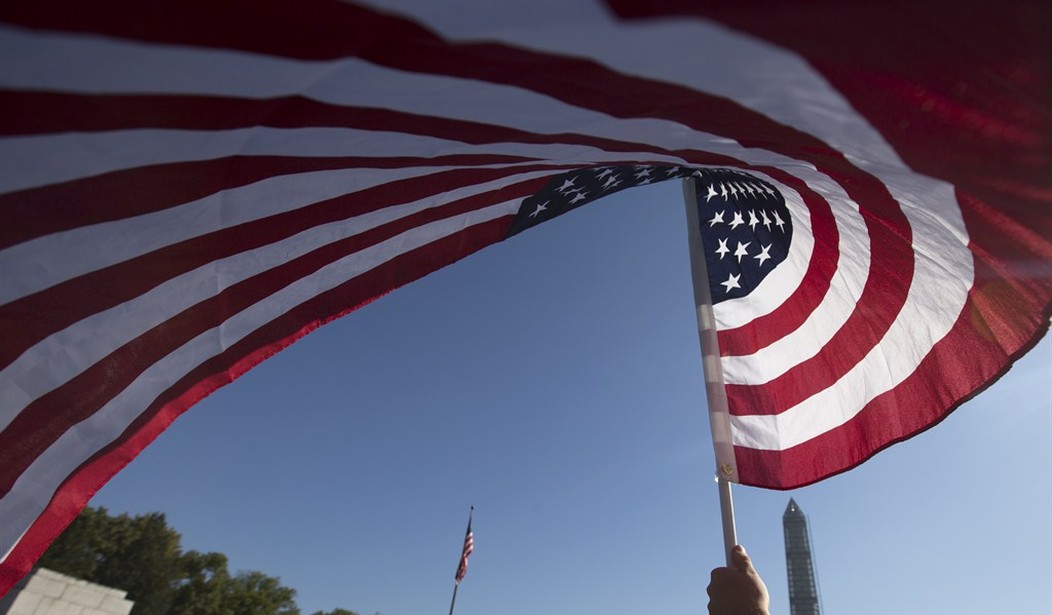As an American, I laugh at those archaic British spellings. Colour? Honour? Their inferiourity, if you will, is obvious. Centre? Theatre? Ridiculous. Most of these barbaric forms were corrected in America hundreds of years ago. Yet one galling Britishism is appearing on my computer screen all too frequently of late: “cancelled,” with a gratuitous extra l.
Does something about Obamacare drive otherwise reasonable people to write about health plans being “cancelled” instead of “canceled”? Does the prospect of intrusive government involvement in health care cause us to regress? Is it subconscious deference to British and Canadian expertise at imposing socialized medicine? Whatever the cause, it needs to stop.
Noah Webster, our greatest spelling reformer, understood that creating a distinctive American language was part and parcel of being a great nation.
“A capital advantage of this reform in these states would be, that it would make a difference between the English orthography and the American,” he wrote in one of his earliest essays. “A national language is a band of national union. Every engine should be employed to render the people of this country national; to call their attachments home to their own country; and to inspire them with the pride of national character.”
Moreover, his most important spelling changes fixed largely indefensible mistakes. Thus, American spellings are clearly superior to British.
“Under the Norman princes, when every effort of royal authority was exerted to crush the Saxons and obliterate their language,” Webster wrote. “The o of the Latin honor, as well as the u of the French honeur was retained in the terminating syllable. Hence for some centuries, our language was disfigured with a class of mongrels.”
Recommended
The British insist still on those dogs.
Similarly, that gratuitous double l never made sense. As Webster’s dictionary explained: “There is a large class of words ending in a single consonant, and accented on some other syllable than the last, doubled in their derivatives, unnecessarily and contrarily to analogy.”
There is simply no reason l should be treated differently than any other consonant. It took some time, but Webster’s logical, consistent rule became standard American usage.
Google’s Ngram feature searches the vast library of books Google has digitized. A search for “traveller” and “traveler” shows the British version remained dominant in America throughout the 19th century, but by 1915 the single l version overtook it and is now dominant. Merriam-Webster even touts “traveler” as an example of a Noah Webster triumph.
It took longer for “canceled” to triumph over “cancelled,” according to Google Ngram. The single l version didn’t take the lead until 1942, and they remained competitive for the next 40 years before “canceled” took the lead for good in 1983. As of 2000, the most recent year covered by the Google data, the now-standard American version was used over 73 percent of the time. The double l monstrosity appeared destined to finally disappear. In 2010, the Associated Press helpfully reminded the world that their style guide says “canceled” has one l.

























Join the conversation as a VIP Member